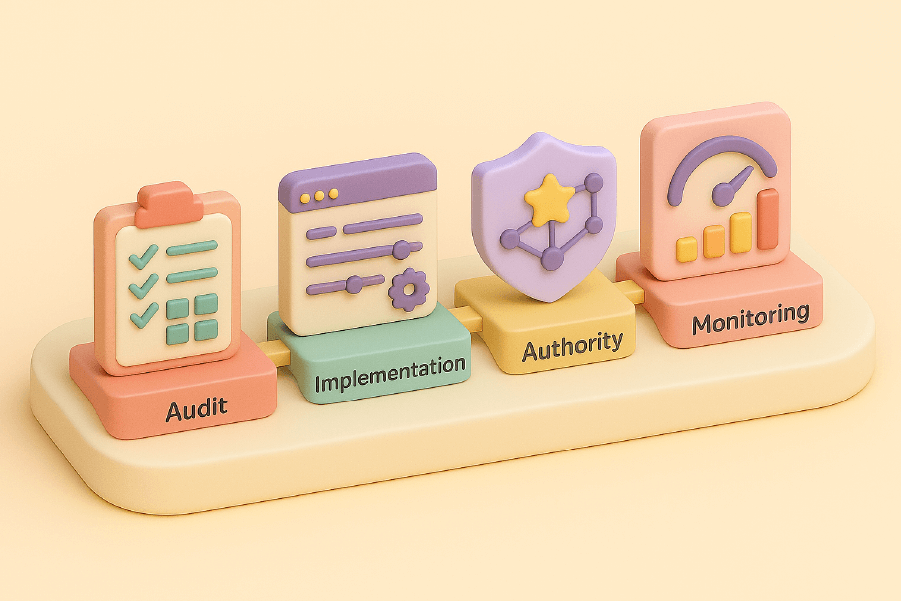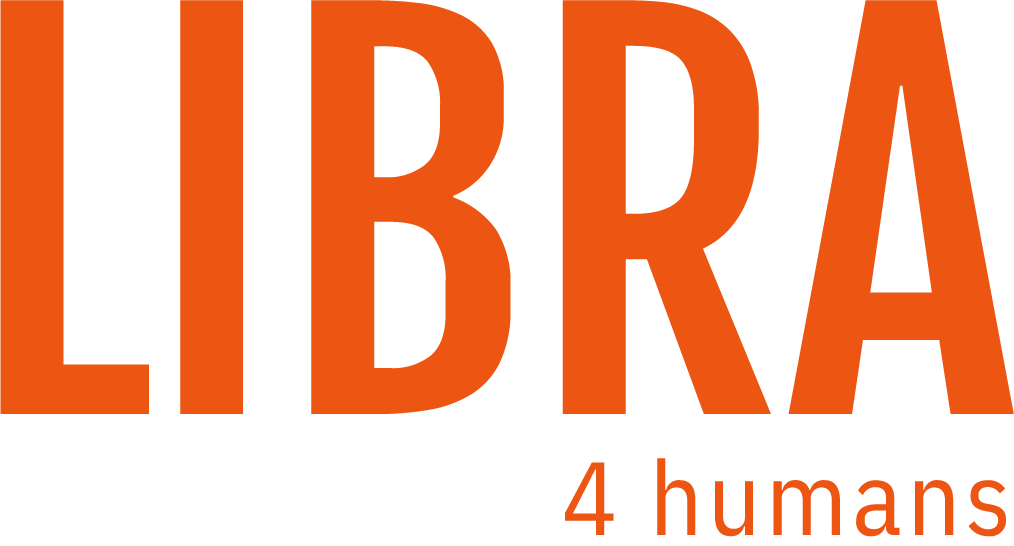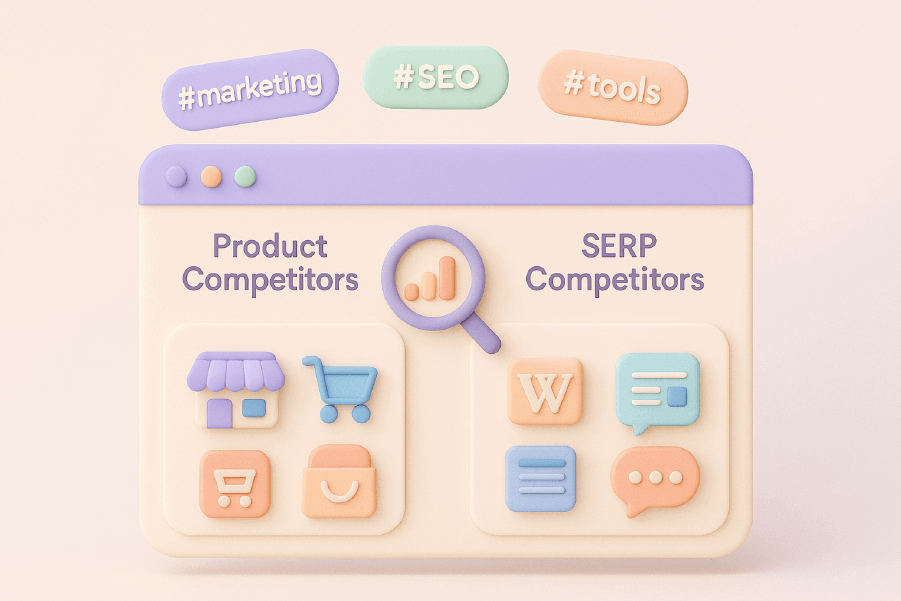What is an SEO Marketer and Why Your Business Needs One
An SEO marketer is a digital marketing professional who specializes in search engine optimization to solve fundamental business challenges like low website traffic, poor search engine rankings, and high customer acquisition costs. Unlike traditional marketing roles, SEO marketers focus on organic search results to drive sustainable, long-term growth through major search engines.
In this comprehensive guide, you’ll discover how SEO marketers tackle specific business problems, their essential skills and responsibilities, proven strategies they employ, and how to measure their impact on your bottom line. Whether you’re considering hiring an SEO specialist or building an internal team, this article provides the insights you need.
The role combines technical SEO expertise, content marketing strategy, and data analysis to increase organic search traffic and improve search engine ranking positions across Google search results and other search engines.
Understanding SEO Marketing: Core Concepts and Business Impact

2.1 Essential SEO Marketing Definitions
An SEO marketer differs from a general digital marketing manager by focusing specifically on search engine optimization strategies. They work with search engines to improve website visibility through organic search results rather than paid search campaigns.
Key responsibilities include keyword research, technical SEO audits, content creation guidance, link building strategies, and monitoring seo performance through tools like Google Analytics and Google Keyword Planner.
Related roles: SEO specialist (more technical focus), digital marketing strategy consultant (broader scope), content marketing manager (content-focused), and web development team collaborator.
2.2 How SEO Marketing Connects to Business Strategy
SEO efforts integrate with your overall marketing strategy by:
- Supporting content marketing initiatives with search-optimized web pages
- Complementing paid search traffic with sustainable organic search traffic
- Enhancing social media marketing through improved search engine rankings
- Reducing dependency on paid ads by building long-term organic visibility
The target audience benefits from finding your business naturally through search queries, creating higher-quality leads compared to traditional advertising methods.
Critical Business Problems SEO Marketers Solve

Low Website Traffic and Poor Online Visibility
Problem: Your website receives minimal visitors despite having quality products or services. Solution: SEO marketers conduct comprehensive keyword research to identify relevant keywords your target audience uses, then optimize website content and technical aspects to improve search engine results positioning.
High Customer Acquisition Costs
Problem: Paid search campaigns and other marketing channels are becoming increasingly expensive. Solution: By developing effective seo strategies, SEO marketers help boost organic traffic, reducing reliance on paid search traffic and lowering overall acquisition costs by 40-60% within 12-18 months.
Poor Search Engine Rankings for Important Keywords
Problem: Competitors dominate Google search results for terms crucial to your business. Solution: Through technical optimization, quality content creation, and strategic link building, SEO professionals improve keyword ranking positions and overall search engine ranking performance.
Ineffective Content and Poor User Engagement
Problem: Website visitors leave quickly without converting into customers. Solution: SEO marketers analyze search intent and optimize web page content, meta descriptions, and title tags to better match what users are seeking, improving both search rankings and user experience.
SEO Marketer Capabilities and Impact Metrics
Business Problem | SEO Solution | Typical Results Timeline | Key Metrics |
|---|---|---|---|
Low organic traffic | Technical SEO + content optimization | 3-6 months | 150-300% traffic increase |
Poor keyword rankings | Comprehensive SEO strategy | 4-8 months | Top 3 positions for target keywords |
High acquisition costs | Organic traffic development | 6-12 months | 40-60% reduction in blended CAC |
Low conversion rates | Landing page optimization | 2-4 months | 25-50% conversion improvement |
Step-by-Step Guide to How SEO Marketers Drive Business Results

Step 1: Comprehensive SEO Audit and Problem Identification
SEO marketers begin by analyzing your site’s performance using seo tools like Google Analytics, identifying technical issues affecting search engines’ ability to crawl and index your web pages. They evaluate current search engine rankings, organic search results positioning, and technical aspects like mobile friendliness and site performance.
Key activities:
- Technical SEO assessment of website structure
- Content audit of existing web page optimization
- Competitor analysis of search results positioning
- Identification of missed keyword opportunities
Step 2: Strategic SEO Implementation
Based on audit findings, SEO marketers develop targeted seo strategies addressing your specific business challenges. This includes optimizing website content for relevant keywords, improving technical optimization elements, and creating content that search engines understand and value.
Implementation focus areas:
- On page SEO optimization of title tags and meta descriptions
- Technical aspects improvement for better crawling
- Content creation aligned with search intent
- Internal links structure optimization
Step 3: Off-Page Optimization and Authority Building
SEO marketers execute link building strategies to build quality backlinks from other websites, enhancing your site’s authority in Google’s algorithm. They develop relationships with industry publications and implement effective link building strategies that comply with search algorithms.
Authority building tactics:
- Quality backlinks acquisition from relevant sources
- Digital PR campaigns for brand mentions
- Guest content creation on authoritative websites
- Strategic partnerships for link opportunities
Step 4: Monitoring and Continuous Optimization
Using Google Analytics and specialized seo tools like Google Search Console, SEO marketers track seo performance metrics, monitor search engine ranking changes, and adjust strategies based on search algorithms updates and performance data.
Measurement and optimization:
- Regular tracking of organic search traffic growth
- Keyword ranking position monitoring
- Conversion rate analysis from organic search
- ROI measurement of seo efforts
Common SEO Marketing Mistakes That Hurt Business Results

Mistake 1: Focusing Only on Rankings Instead of Business Outcomes Many businesses obsess over keyword ranking positions without considering whether increased traffic converts to revenue. Effective SEO marketers prioritize search queries that drive qualified leads and sales.
Mistake 2: Neglecting Technical SEO Fundamentals Poor site performance, lack of mobile optimization, and technical issues prevent search engines from properly indexing web pages, limiting organic traffic potential regardless of content quality.
Mistake 3: Ignoring Search Intent and User Experience Creating content without understanding what users actually want leads to high bounce rates and poor search engine rankings, even with perfect technical optimization.
Mistake 4: Inconsistent SEO Strategy Execution SEO requires sustained effort over months to see significant results. Stopping seo efforts prematurely or constantly changing strategies prevents long-term success.
Pro Tip: Partner with SEO professionals who focus on measurable business outcomes and maintain consistent optimization efforts for at least 6-12 months to see substantial results.
90-Day SEO Marketer Plan (Field-Tested Template)

A practical, outcome-driven roadmap you can hand to your team tomorrow. It aligns technical SEO, content, and UX so improvements translate into qualified demand—not just better positions.
Days 1–30: Baseline, Audit, and Quick Wins
Establish the truth of today and clear blockers fast. Run a full technical and content audit, crawl the site, benchmark rankings, CTR, conversions, and revenue from organic. Ship “no-brainer” fixes (indexation gaps, broken internal links, title/H1 conflicts, cannibalization). Align branding signals (tone, value props, naming) with target queries to avoid mixed relevance.
Helpful reads: The Ultimate Guide to a Comprehensive Website Audit for Success, How SEO and Web Development Work Together.
Days 31–60: Build the Growth Engine
Create a SERP-driven content/intent map, prioritize bottom- and mid-funnel opportunities, define page types, and finalize the internal linking plan. Implement technical improvements (CWV, mobile, crawl budget), schema, and a consistent on-page playbook. Ensure brand language is reflected in headings, intro paragraphs, and CTAs so search intent and brand promise match.
Days 61–90: Authority, CRO, and Scale
Activate digital PR and partnership outreach for relevant links and brand mentions. Improve conversion paths (offers, forms, UX friction) on priority pages. Set your iteration loop: monthly technical checks, rank/intent drift reviews, and quarterly opportunity sizing. Lock reporting cadence and owners.
KPI Thresholds to Sanity-Check Progress
- Coverage & health: errors trending ↓, core templates passing CWV.
- Visibility: more keywords in top-10; improved CTR for positions 3–10.
- Efficiency: organic share of conversions rising; blended CAC trending down.
- Momentum: new linking domains from relevant sources each month.
Operationalize with: Monitoring SEO: A Guide to Measuring Your Online Success and Top 8 SEO Metrics & Indicators.
SEO Marketer Reporting: Cadence, Dashboards, and Decision-Making

Great reporting isn’t a monthly PDF—it’s a decision system. Your SEO reports should compress signal, surface risks early, and trigger clear actions across SEO, branding, dev, and growth.
Reporting cadence that drives action
- Weekly (15 min): Pulse check on health and momentum. Track indexation issues, ranking volatility for top keywords, emerging queries, and quick wins shipped. Deliver a short async note with 2–3 actions and owners.
- Monthly (45–60 min): Performance review and learning recap. Cover visibility, conversions, revenue attribution, and efficiency trends. Annotate tests, algorithm updates, and seasonality; agree next month’s priorities.
- Quarterly (90 min): Strategy reset. Re-size opportunities, revisit the content/tech/link roadmap, and align budget scenarios with expected lift.
One-page dashboard (what to see at a glance)
- Outcomes: Organic sessions, conversion rate, pipeline/revenue from organic, blended CAC trend.
- Visibility: Keywords in Top 3/Top 10, CTR by position bucket, share of voice vs. key competitors, new topics entering page 1.
- Quality & authority: Referring domains acquired (relevance + velocity), brand/entity mentions.
- Technical health: CWV pass rate by template, indexation coverage, crawl waste, critical errors open/closed.
- Content & UX throughput: Pages published/updated, internal links added to priority pages, key engagement deltas (time on page, scroll depth).
For deeper guidance on what to track and why, see Monitoring SEO: A Guide to Measuring Your Online Success, Top 8 SEO Metrics & Indicators to Boost Your Website’s Performance, and SEO Reports: The Answer to Your Business’s Digital Headaches.
How to read changes (and what to do next)
- Impressions ↑, CTR ↓: Titles/meta misaligned with intent → rewrite headlines, tighten intros, test FAQ rich results.
- Positions stable, conversions ↓: On-page offer or UX friction → test value prop, form fields, page speed.
- Traffic ↓, positions stable: Seasonality or tracking issue → verify annotations, check CRM/GA4 pipelines.
- Positions ↓, impressions ↓: Relevance/authority gap → refresh content to match current intent and launch targeted link acquisition.
- CWV regressions: Roll back heavy scripts/images; ship template-level fixes before page-level tweaks.
Make decisions explicit (so progress compounds)
Maintain a living Decisions & Bets log with: hypothesis → action → owner → due date → expected impact → follow-up result. Pair it with a lightweight RACI so Marketing, SEO, Dev, and Leadership know who drives what and when.
Frequently Asked Questions About SEO Marketers
Q1: How long does it take for SEO marketers to show business results? A: Most businesses see initial improvements in organic search traffic within 3-4 months, with significant increases in search engine rankings and qualified leads typically occurring after 6-12 months of consistent SEO strategy implementation.
Q2: Should I hire an SEO agency or build an internal team? A: An SEO company provides immediate expertise and tools access, ideal for businesses needing quick results. Building an internal team works better for larger organizations with ongoing, complex SEO needs and sufficient budget for seo tools and training.
Q3: How do SEO marketers work with web development teams? A: SEO specialists collaborate closely with web development teams to implement technical optimization, ensure new web pages follow SEO best practices, and maintain site performance during updates or redesigns.
Q4: What’s the difference between SEO marketing and paid search campaigns? A: SEO marketing focuses on organic search results through content optimization and technical improvements, providing long-term traffic growth. Paid search delivers immediate visibility but requires ongoing ad spend, making it complement rather than replace organic search strategies.
Q5: How do SEO marketers measure ROI for businesses? A: SEO professionals track metrics like organic search traffic growth, keyword ranking improvements, conversion rates from organic visitors, and revenue attribution from search engines, typically showing 1000%+ ROI within 12-18 months.
Conclusion: Key Takeaways for Business Success with SEO Marketing
Essential points for business leaders:
- SEO marketers solve real business problems – from low website traffic to high customer acquisition costs – through strategic search engine optimization rather than just improving rankings.
- Sustainable traffic growth requires time and expertise – effective seo strategies typically show significant results after 6-12 months of consistent implementation by qualified SEO professionals.
- Integration with overall marketing strategy amplifies results – SEO efforts work best when combined with content marketing, social media marketing, and strategic use of paid search campaigns.
- Technical foundation enables content success – without proper technical SEO, even excellent content creation and link building strategies cannot achieve optimal search engine rankings.
- Measurement and continuous optimization drive ROI – successful SEO marketers focus on business metrics like qualified leads and revenue, not just search engine ranking positions.
Next Steps: Evaluate your current organic search performance using Google Analytics, identify your primary business challenges related to online visibility, and consider consulting with SEO professionals to develop a customized search engine optimization strategy that aligns with your specific business goals and target audience needs.
Let’s Talk About Your SEO & Branding Challenges
If you’re wrestling with low organic traffic, rising acquisition costs, or rankings that won’t budge, we can help. At LIBRA 4 humans, we build tailor-made solutions that connect technical SEO, branding, and UX—so your brand isn’t just visible in search; it converts.
We start with a short, no-nonsense consultation focused on your context (site, market, goals). You’ll leave with clear next steps you can act on—whether that’s a priority website audit, a technical fix list, or a roadmap aligned to business outcomes.
Ready to move? Book a call and tell us about your challenges—we’ll map the smartest path forward.






